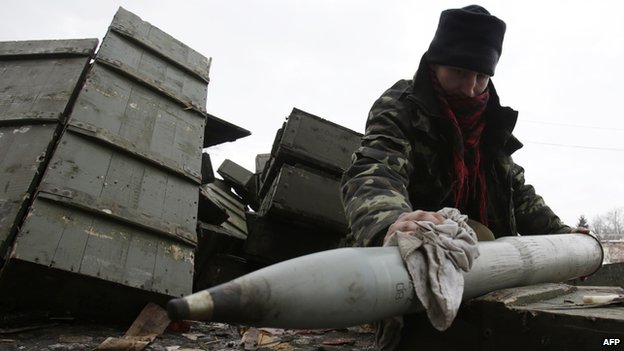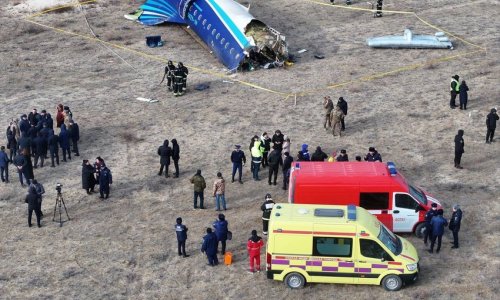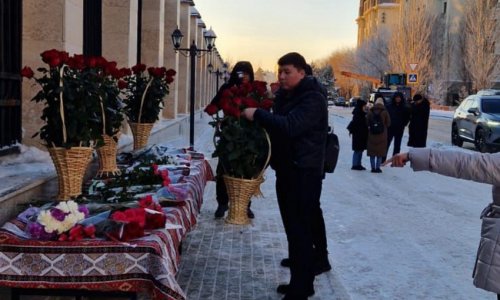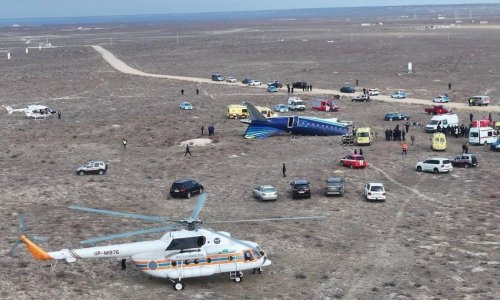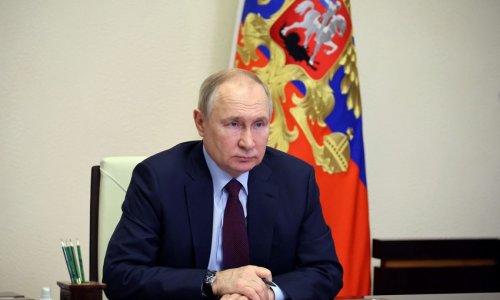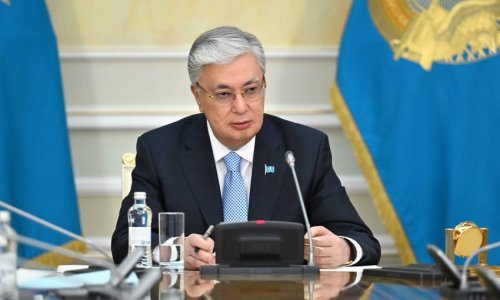However, new talks between pro-Russian rebels and the Ukrainian government appear uncertain.
The talks had been due to take place in Minsk, Belarus, on Tuesday.
Both sides signed a truce in Minsk in September, but almost 1,000 people have been killed in fighting since then, the UN says.
Mr Poroshenko said last week that troops would observe the Day of Silence on Tuesday to try to boost the peace deal.
The Ukrainian army would stop shelling and would possibly withdraw heavy weapons if it was clear that militants did the same, Mr Poroshenko said.
Some pro-Russian rebels reportedly welcomed the pledge, but it is not known if all groups had agreed to the proposal.
Since the conflict began in April, more than 4,300 people have died with almost one million displaced, the UN says.
Talks in doubt
Authorities in Minsk said they had not received any confirmation that either the Ukrainian government or rebel representatives would attend new peace talks, which were planned to begin on Tuesday.
Russian media reports say that the talks may now begin on Friday instead, but this has not been confirmed.
The previous Minsk agreement, brokered in September, projected a 30km (18 mile) military buffer zone in the east and limited self-rule for the separatists.
However, the rebel-held Luhansk and Donetsk regions then held leadership elections on 2 November that Ukraine and the West refused to recognise.
There have been near-daily clashes and exchanges of heavy weapons fire, leaving hundreds dead.
Mr Poroshenko has travelled to Singapore, where he is set to make a speech, so will not be in Minsk on Tuesday.
Meanwhile, the last pieces of wreckage from Malaysia Airlines flight MH17, which was shot down over eastern Ukraine, are due to arrive in the Netherlands for investigation.
Ukraine and its allies have accused Russia of supplying the missile used to bring down the plane, while Russia has denied involvement.
A total of 298 people died when the plane came down in July.
The Ukraine crisis began a year ago, when then-President Viktor Yanukovych abandoned an agreement on closer trade ties with EU in favour of closer co-operation with Russia.
This decision sparked pro-EU protests in the capital Kiev, eventually toppling Mr Yanukovych in February.
In the weeks that followed, Russia annexed Crimea, in Ukraine's south, and pro-Russian separatists took control of Donetsk and Luhansk, declaring independence.
The crisis has caused a serious rift between Russia and Ukraine's Western supporters.
(BBC)
ANN.Az
Follow us !

